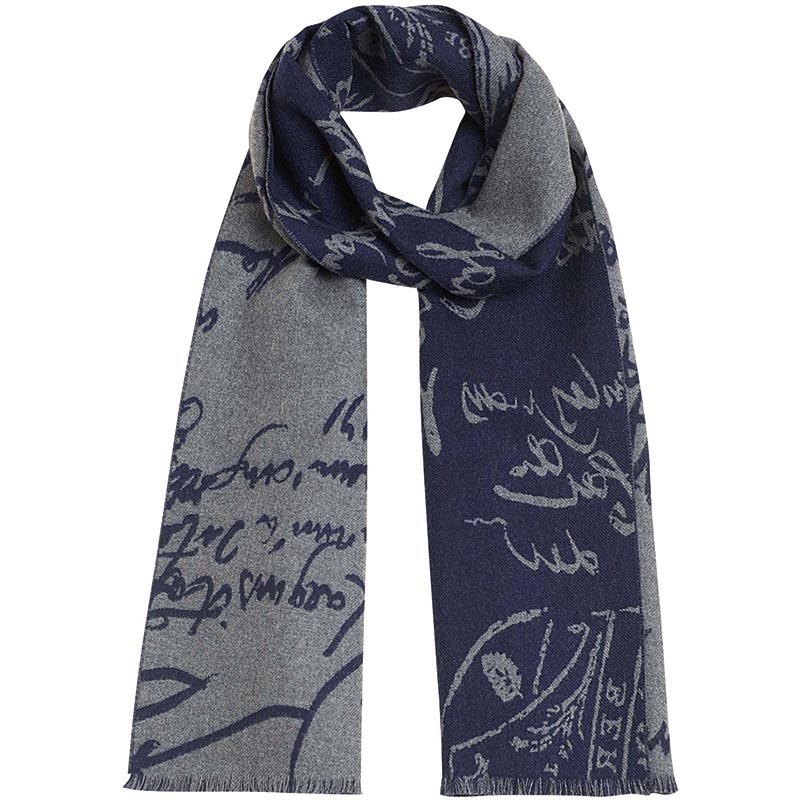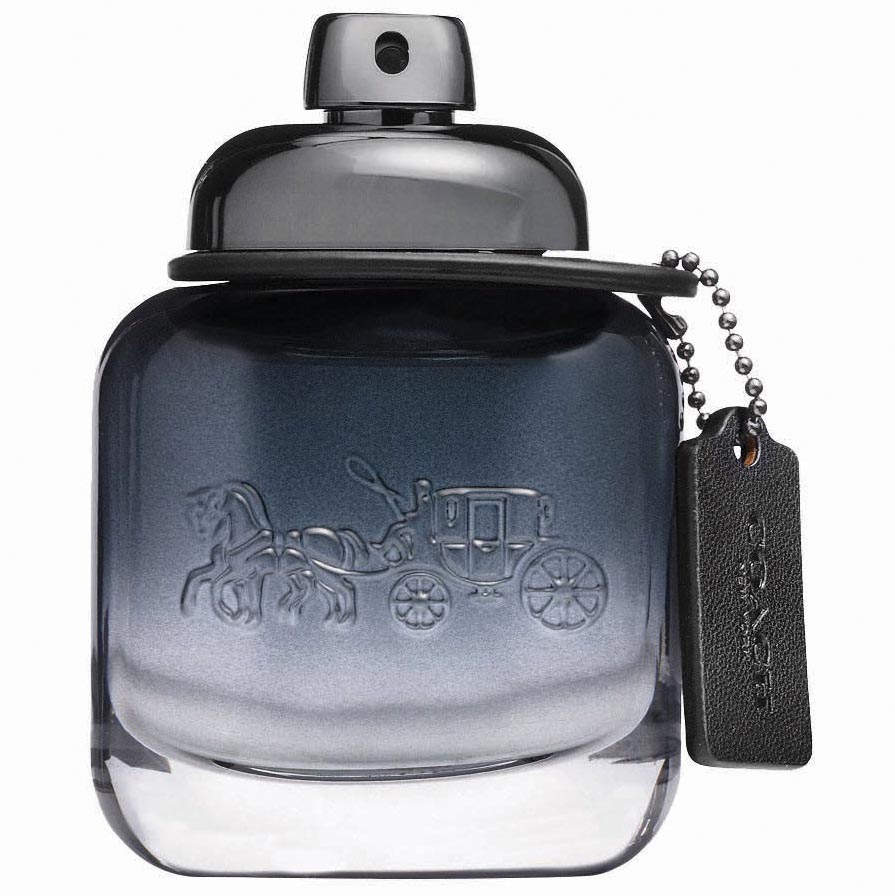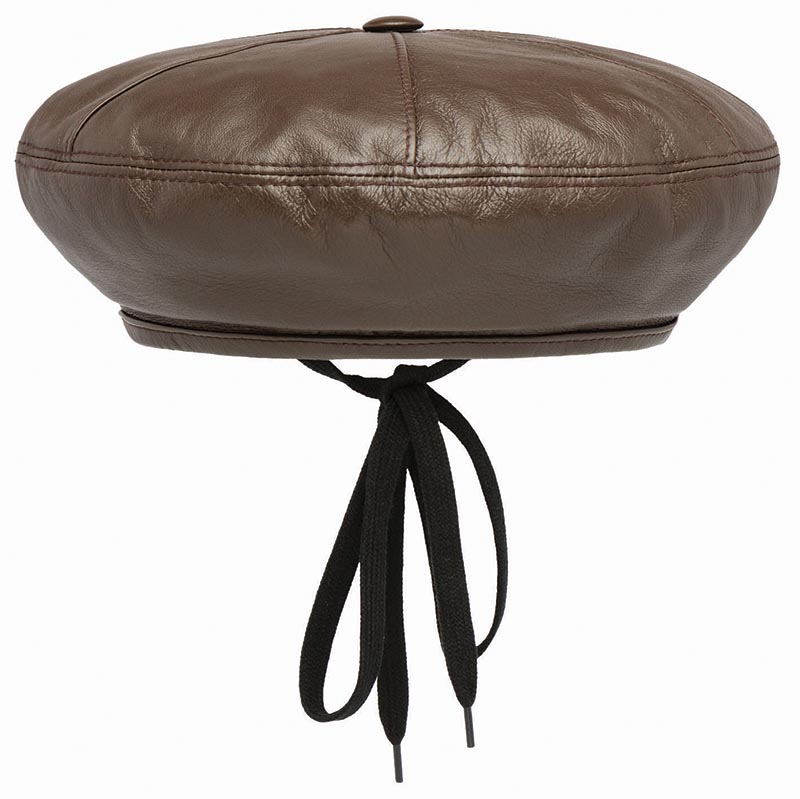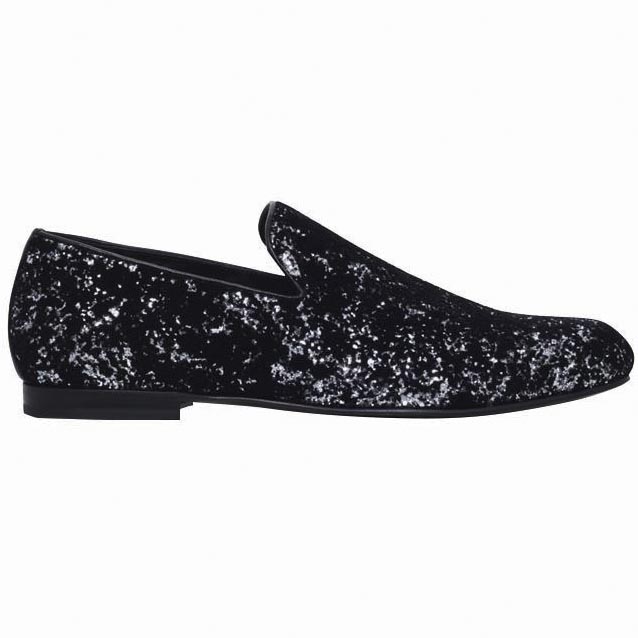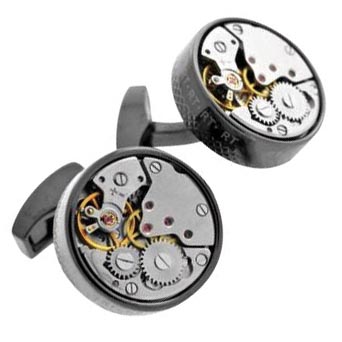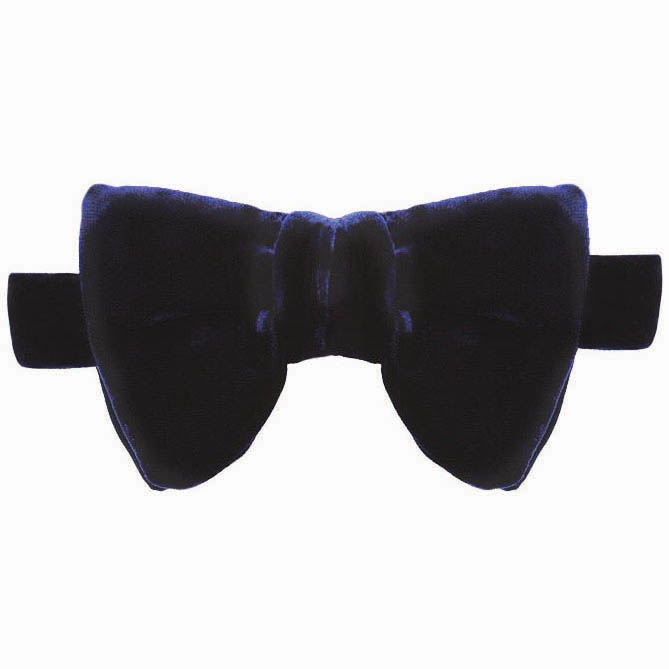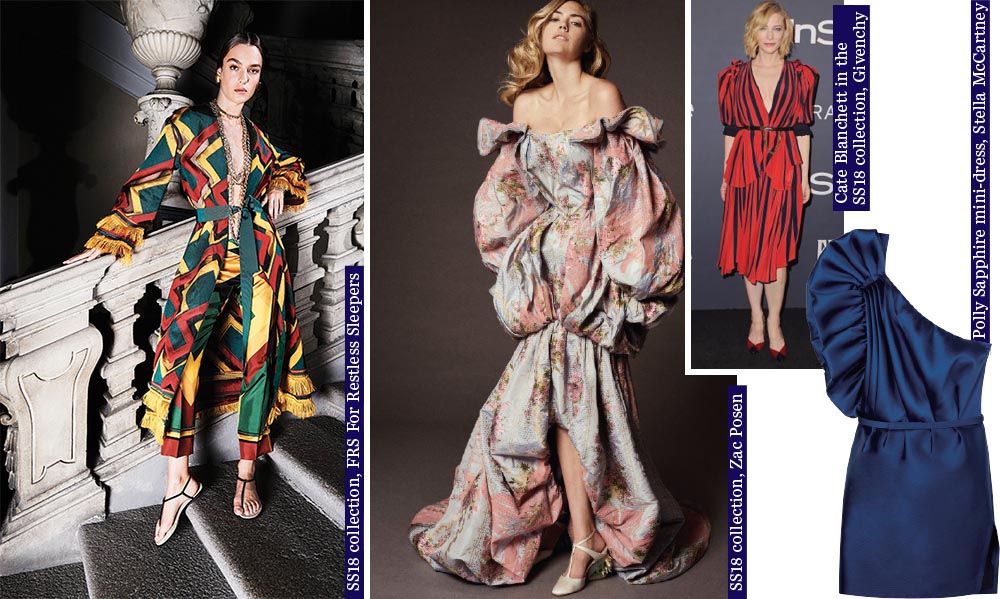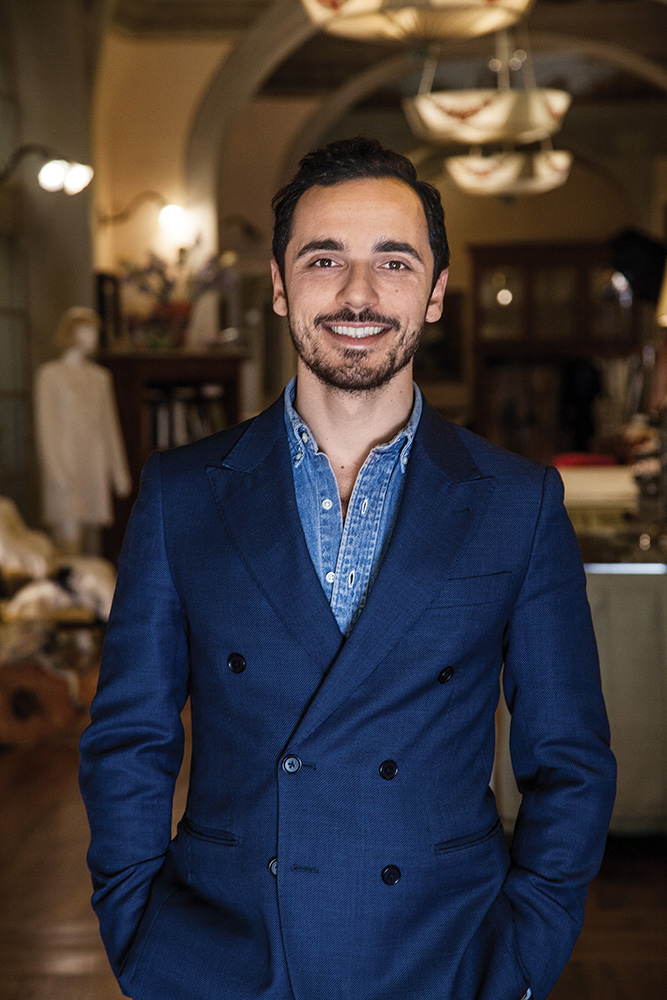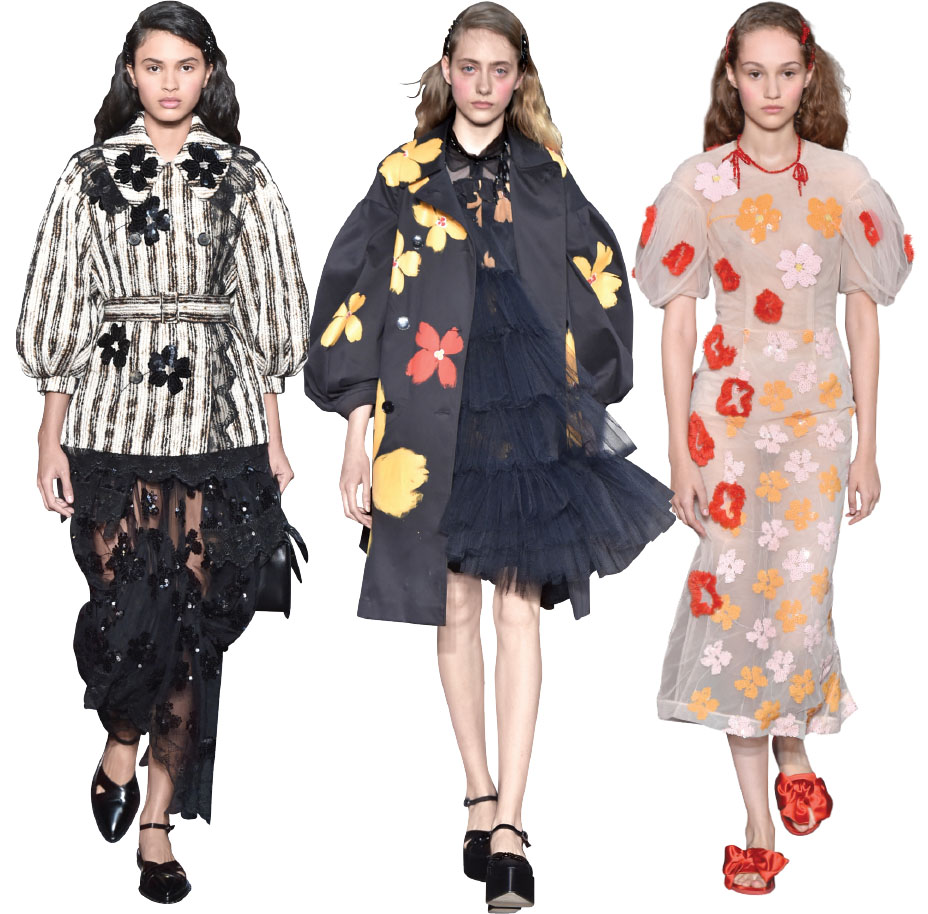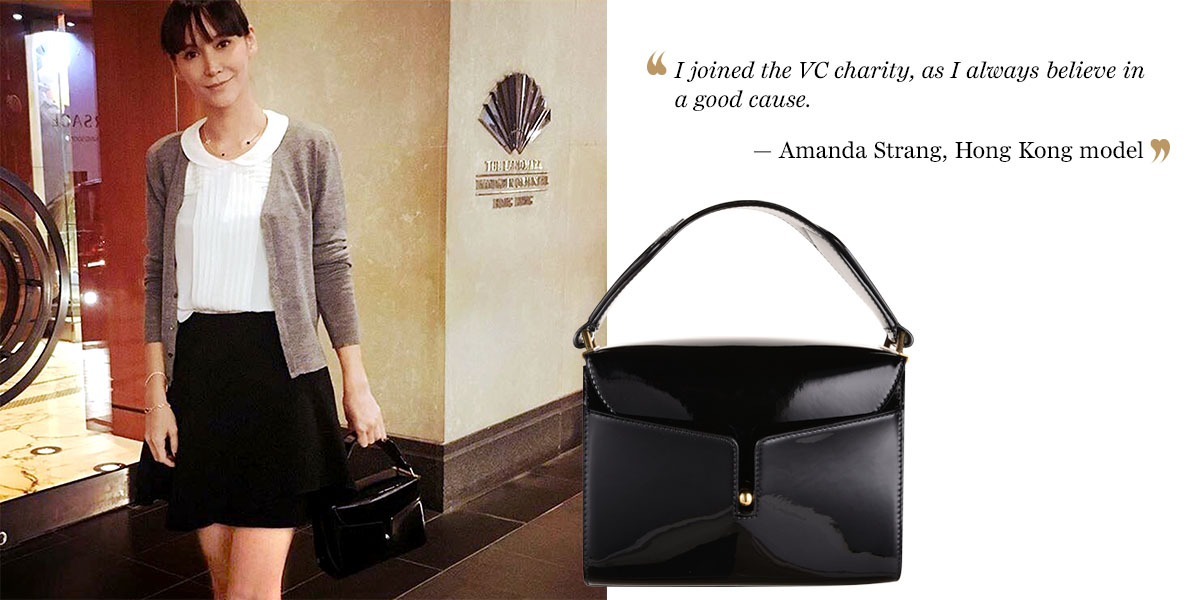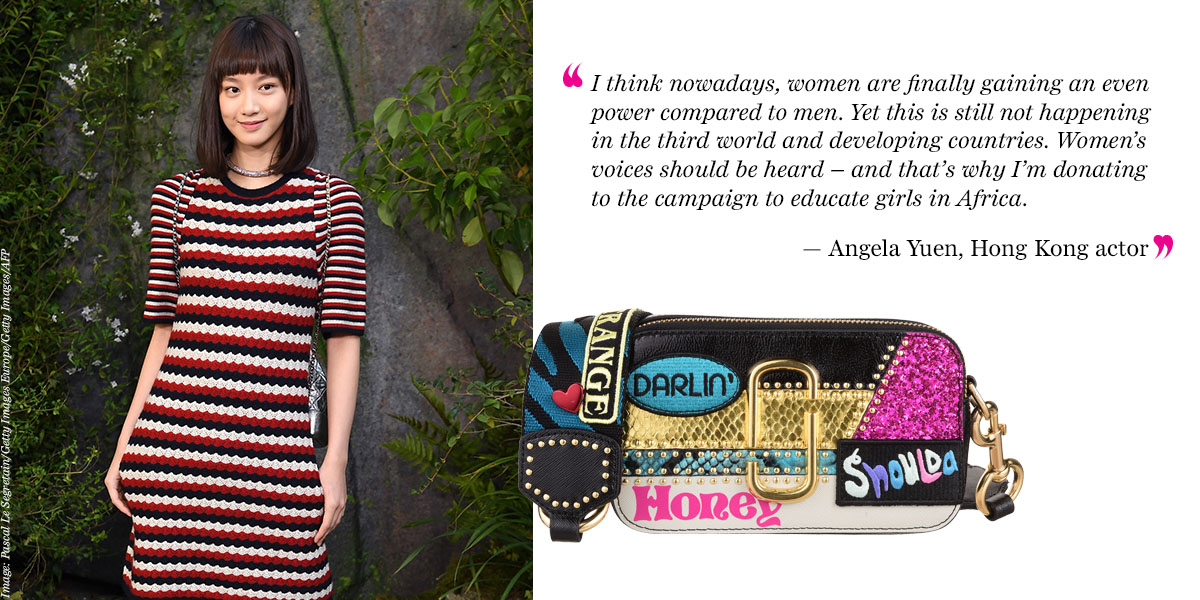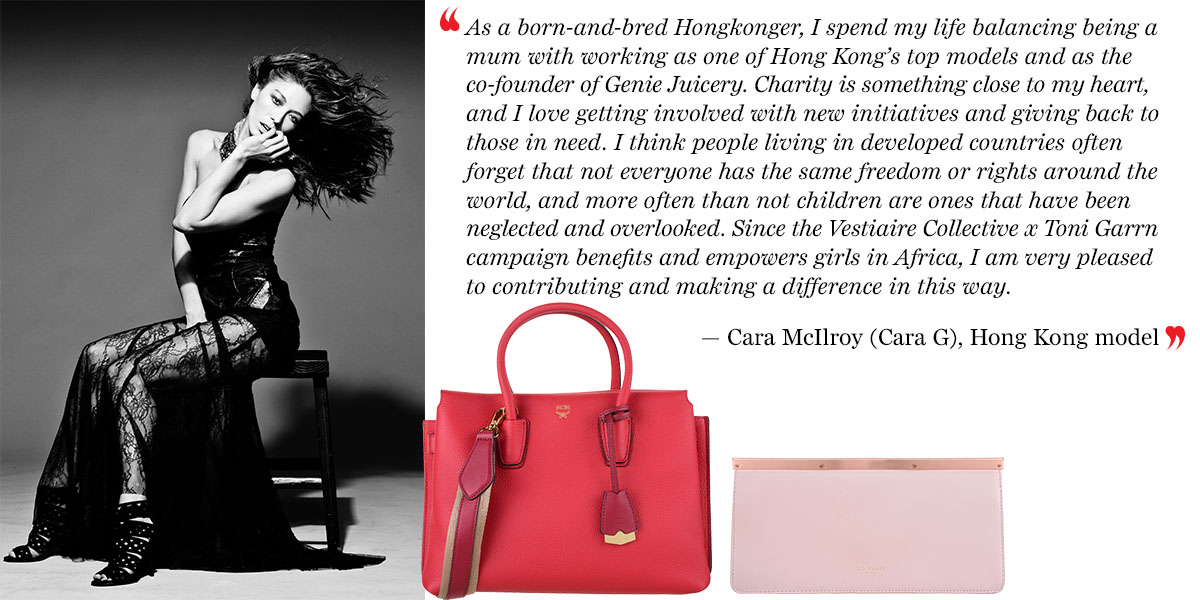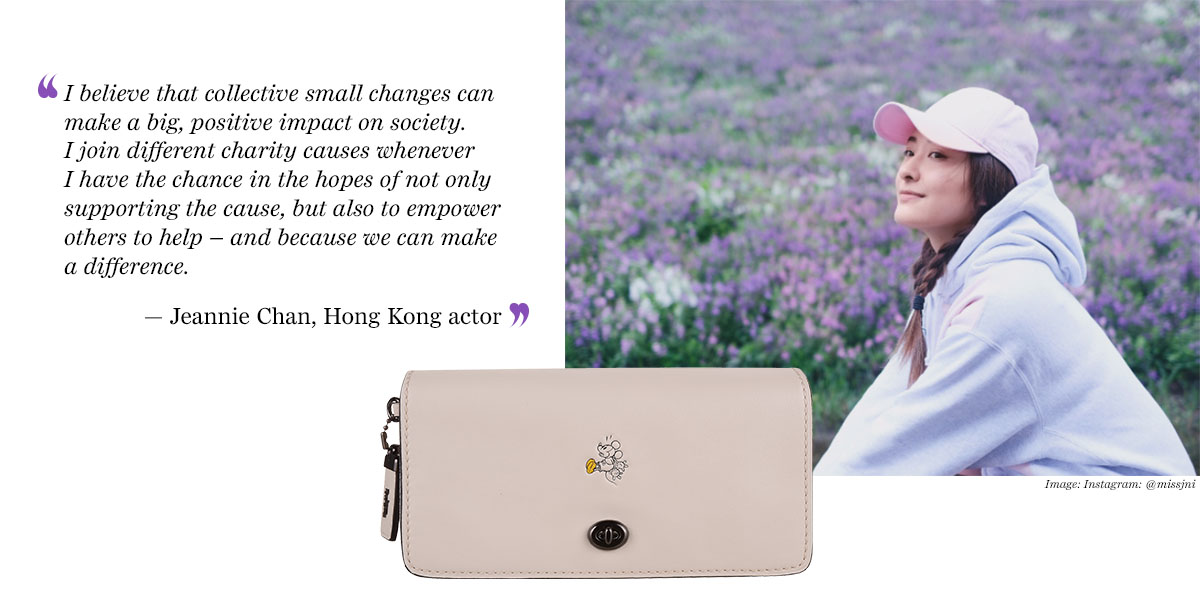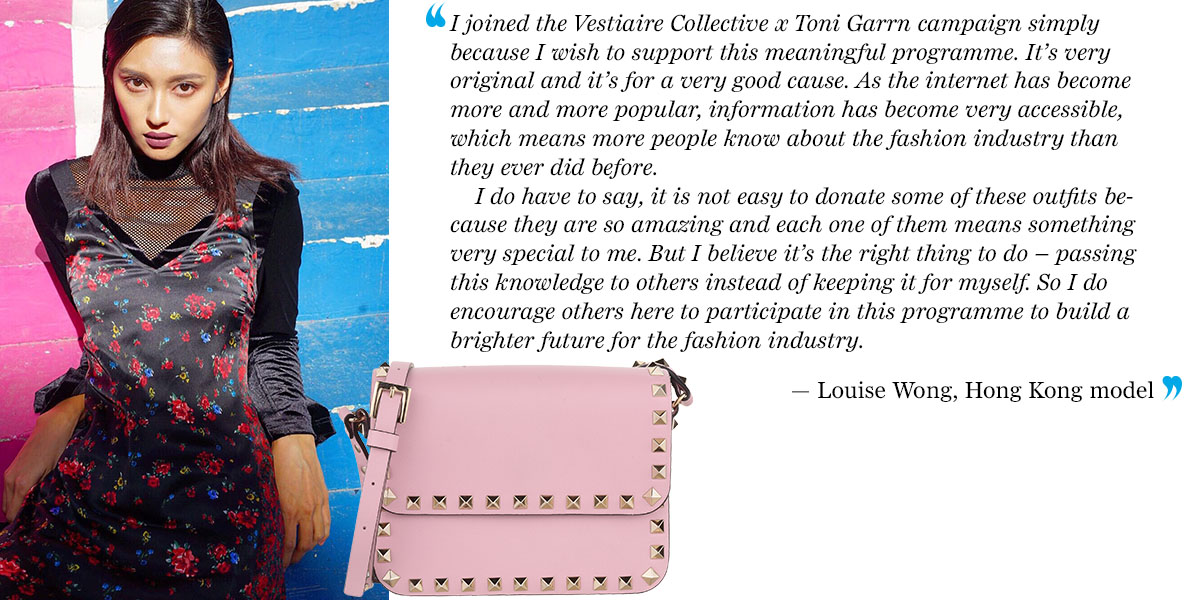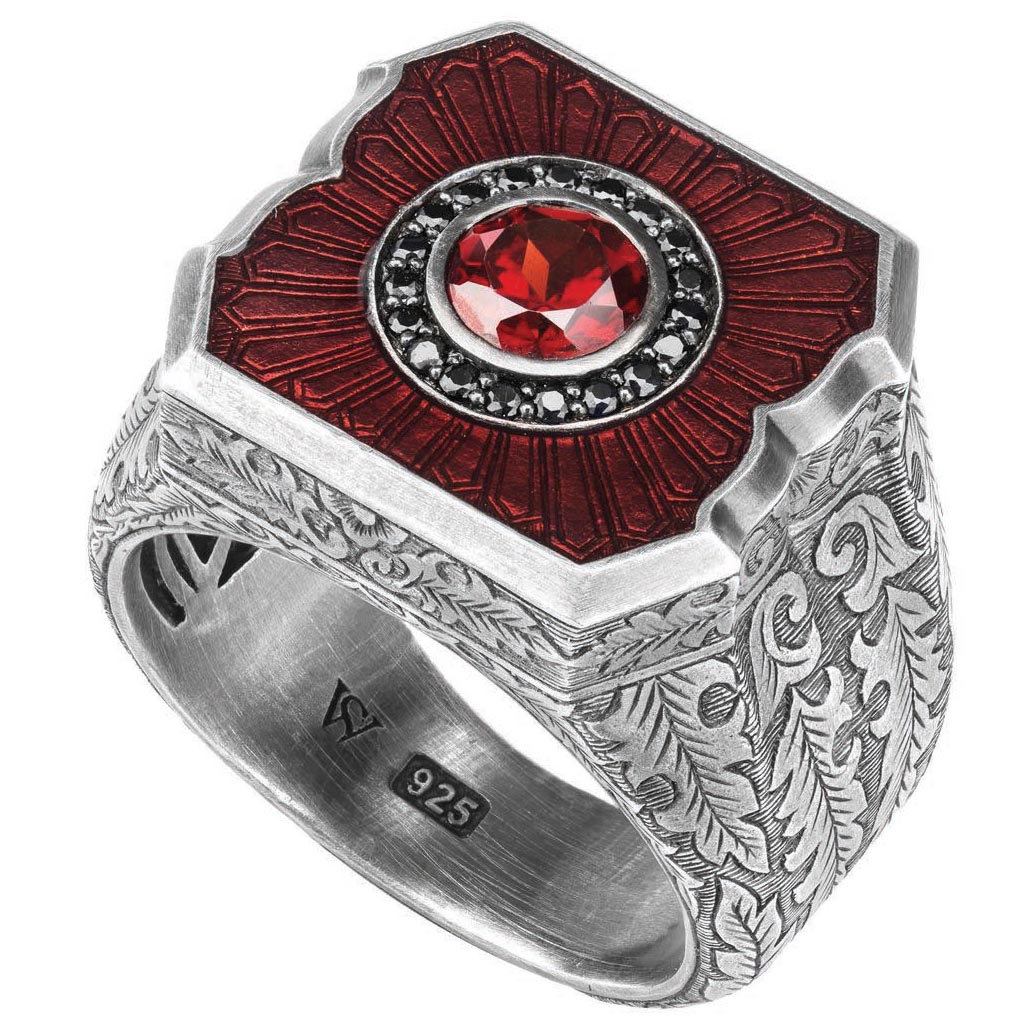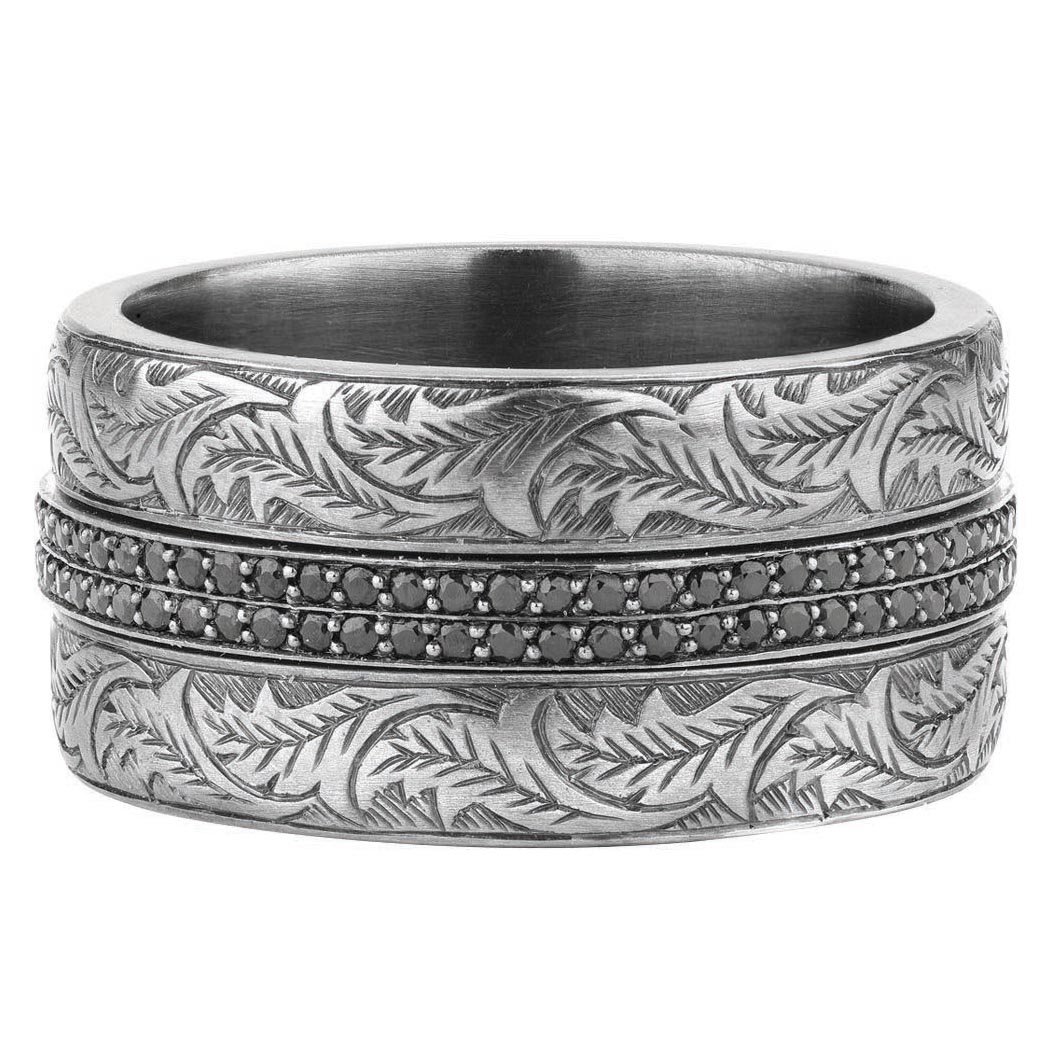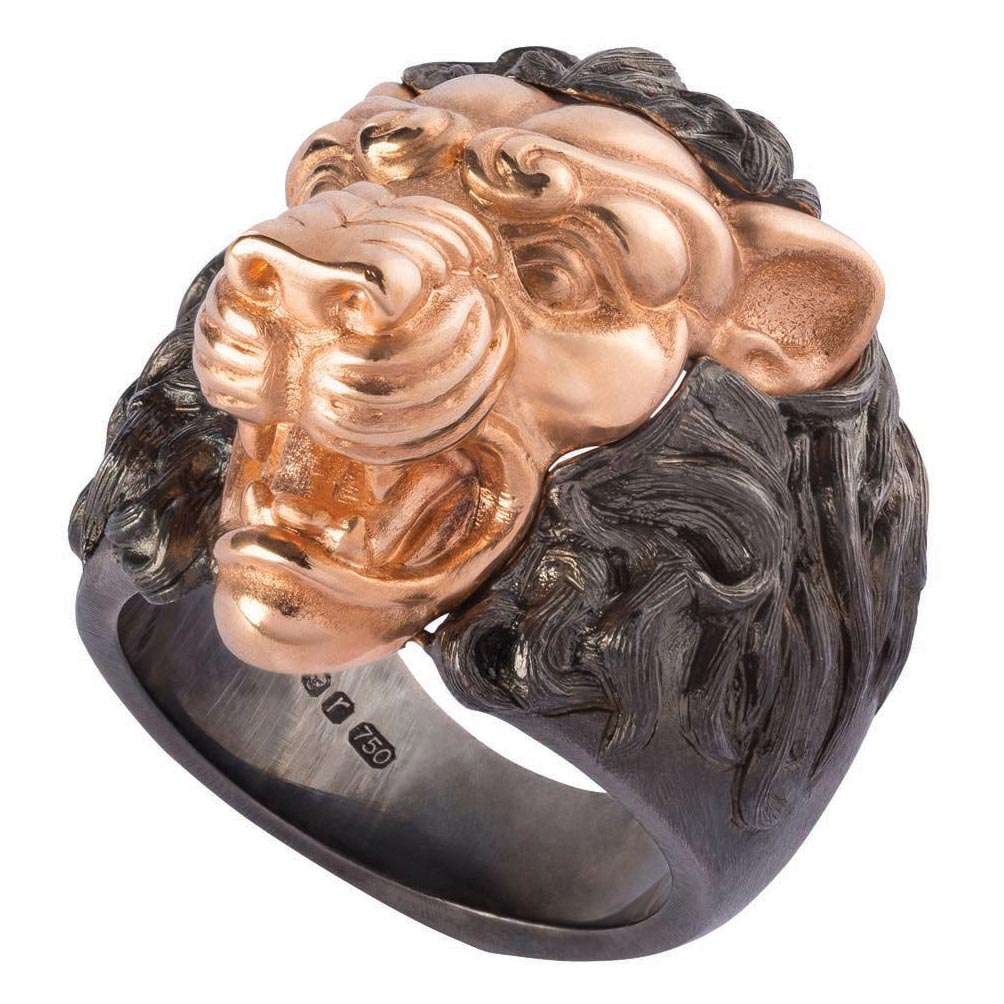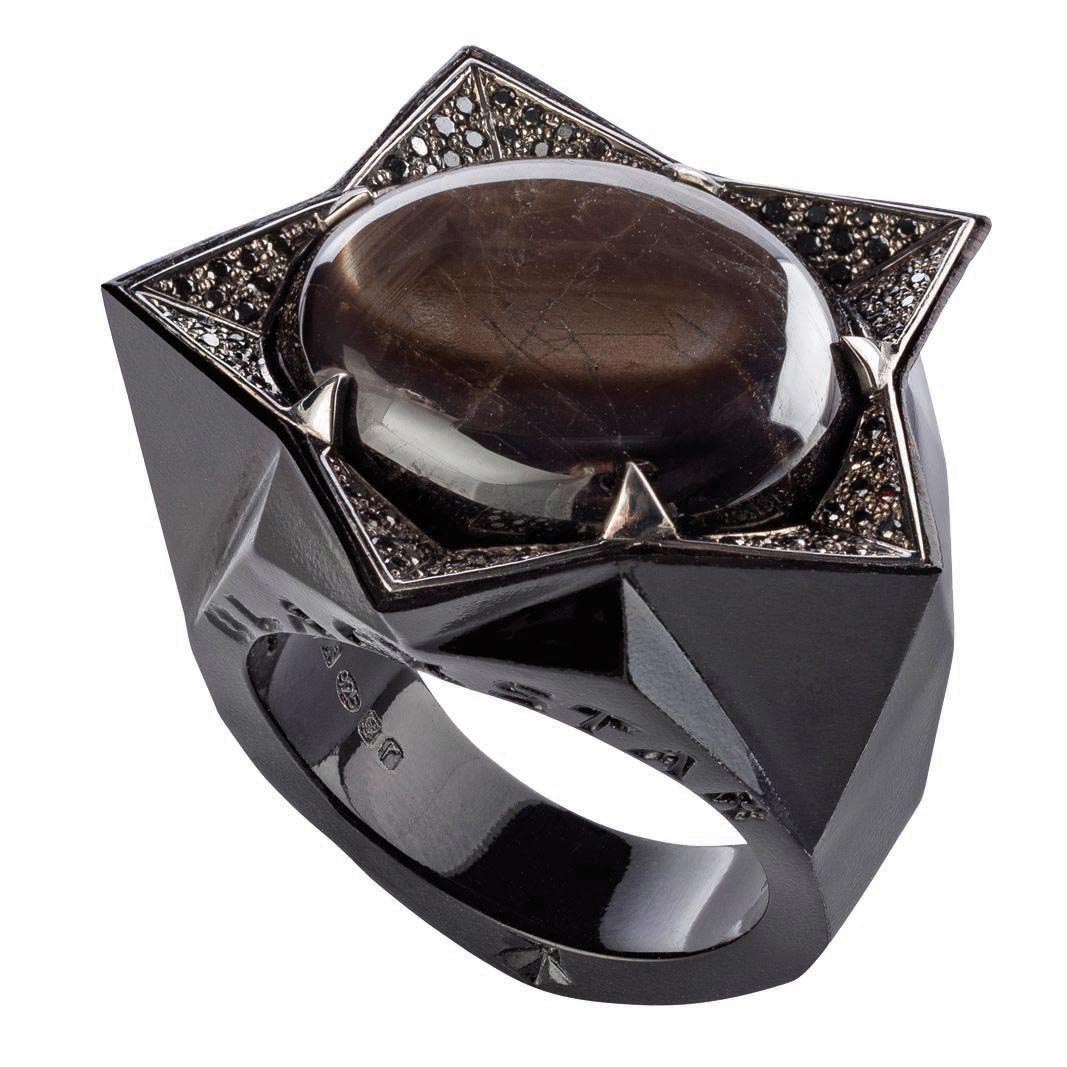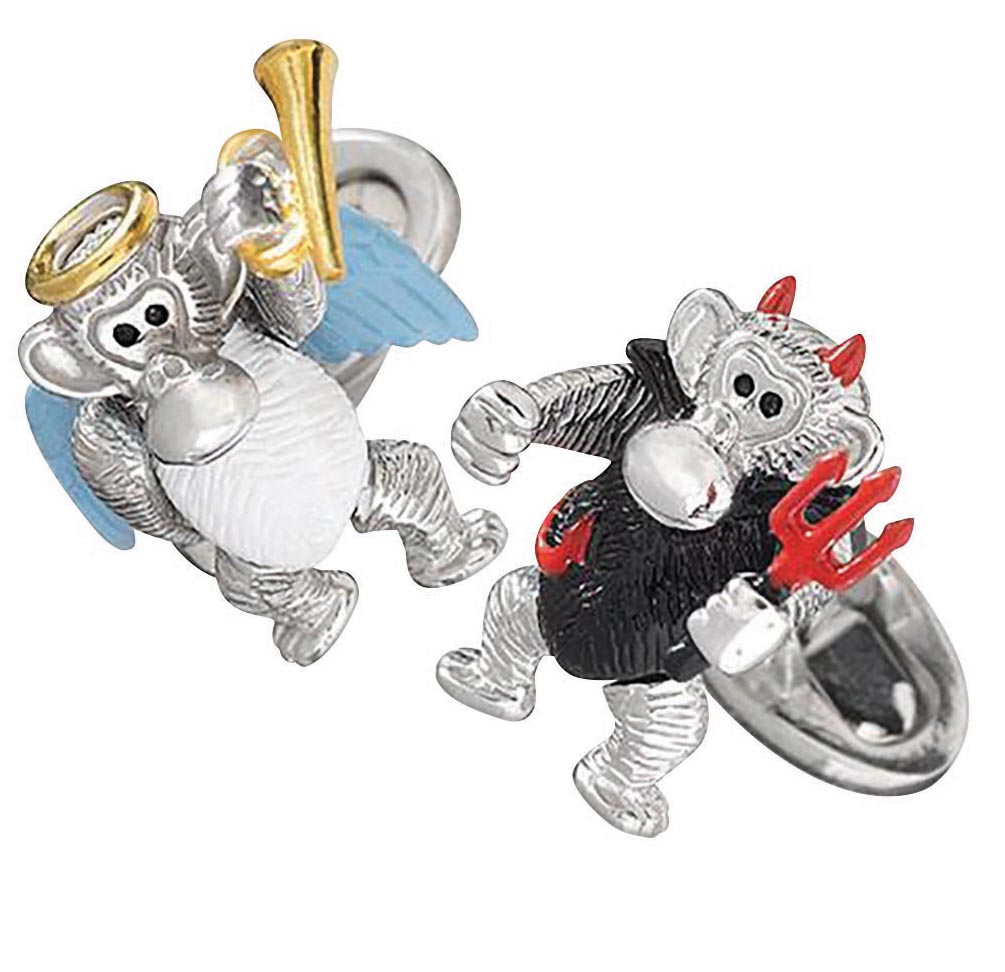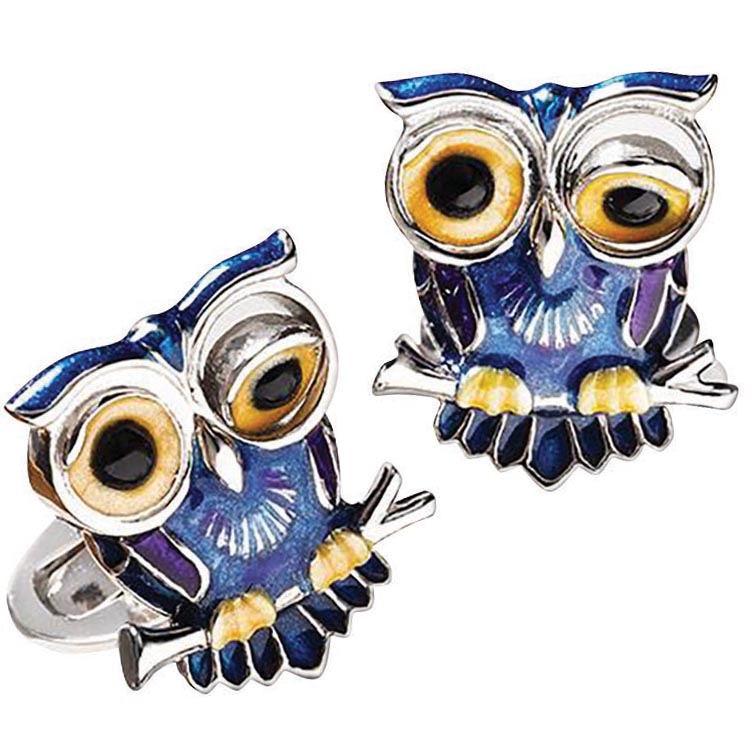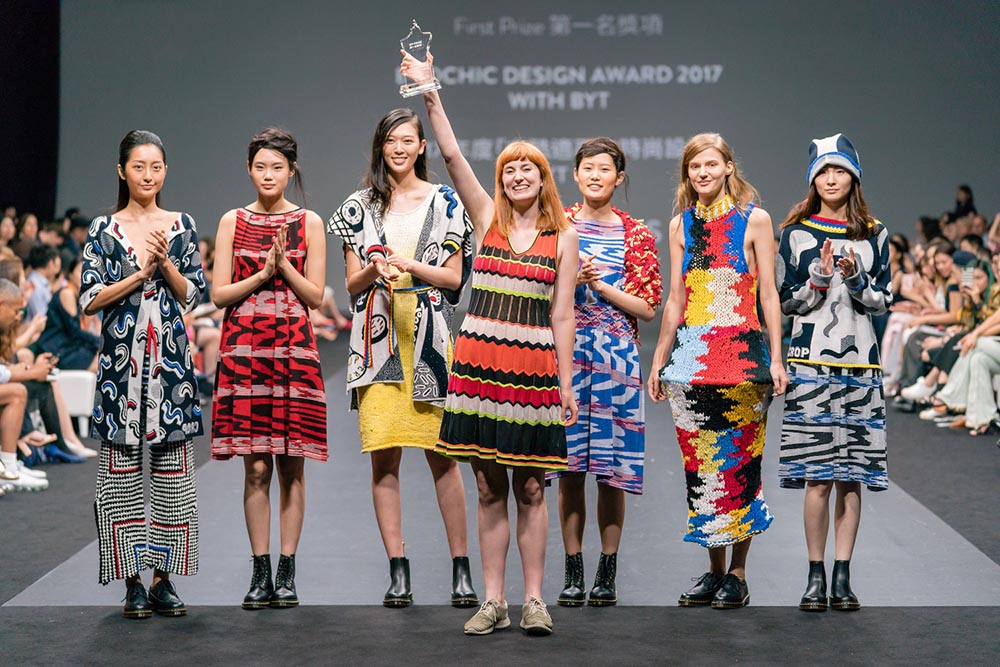









Fashion

Rainbow Reign
The spring 2018 palette from global colour giant Pantone is inspired by London and New York’s Fashion Weeks
Rainbow Reign
The spring 2018 palette from global colour giant Pantone is inspired by London and New York’s Fashion Weeks
Lifestyle > Fashion |
Rainbow Reign
January 26, 2018 / by China Daily Lifestyle Premium
Back in 1963, the founder of the New Jersey-based corporation Pantone, Lawrence Herbert, developed a standardised colour matching system that’s today the most widely used system for designers and artists. For decades, the company’s
Pantone Colour Institute has garnered loads of publicity for its annual “colour of the year” announcement every December. For 2018, it’s Ultra Violet, a blue-based purple that’s referred to as mysterious, spiritual and intuitive.
All this isn’t just for design, of course; fashion is a focus for Pantone, too. In September, the institute released its fashion colour trend report for spring 2018. Romantic, sentimental and refreshing, the spring palette features 12 hues from London and New York’s Fashion Weeks, with several shared between the two. Also for the first time, four classic colours that transcend seasons have been highlighted. According to Pantone, encouraging self-expression and feelings of optimism and confidence are the key messages it aims to convey with this particular palette.
New York Fashion Week
Most of the colour names are fairly self-explanatory, though a few require some detail. The slightly bluish-green Arcadia gets its name from the “unspoiled land” in Greece, situated on the country’s Peloponnese peninsula. Emperador is named for the world’s largest brandy maker, originally from the Philippines. And Almost Mauve, which doesn’t quite look like the pale-purple mauve we’re accustomed to, seems closer to beige or off-white.
Read More
London Fashion Week
Two rosy shades and Pink Lavender, which is also a soft violet rose, arouse the tender sentiments and affectionate charms associated with the season. Spiced Apple, which highlights brown with a red undertone, adds a hint of warmth and substance; it corresponds to the chocolate-infused brown Emperador and the earthy brown-based red Chilli Oil in the New York palette.
Classic Colours
They don’t call them classics for nothing. A great combination of warm and cool, light and deep, the four neutral shades are suitable for men’s and women’s wardrobes all year round. If you’re bored with that cold-toned pure white, plain warm-toned vanilla white, or grey-toned off-white, the rich Coconut Milk offers a nice alternative. ![]()
Images: Instagram: @halpernstudio; Marques Almeida; Delpozo; Roksanda; Christopher Kane; Teatum Jones; Mary Katrantzou; Tory Burch; Victor Boyko (A.W.A.K.E.); Tibi; Carolina Herrera New York; Maje; Pedro García; Pantone LLC
Back to top

Evening of Dreams
With the arrival of the holidays, it’s time to bust out those sartorial standouts – be it a sequined tuxedo jacket, a velvet bow tie, luxurious tweed or thigh-high boots. Like British poet Alfred Tennyson wrote in the play The Foresters, “Hope smiles from the threshold of the year to come, whispering, ‘It will be happier’”
Evening of Dreams
With the arrival of the holidays, it’s time to bust out those sartorial standouts – be it a sequined tuxedo jacket, a velvet bow tie, luxurious tweed or thigh-high boots. Like British poet Alfred Tennyson wrote in the play The Foresters, “Hope smiles from the threshold of the year to come, whispering, ‘It will be happier’”
Lifestyle > Fashion |
Evening of Dreams
December 1, 2017 / by China Daily Lifestyle Premium
The Tuxedo Jacket
Stay true to conventions, opt for a little something different – or find the perfect in-between. The slim-fit single-breasted jacket in a rich fabric, from cotton velvet to a wool-cashmere blend, ticks all the boxes for a special occasion, from wedding parties to black-tie affairs. If you’re looking for a stylish twist, consider creative material combinations such as leather and canvas. For a more standout statement, an iridescent tuxedo with sequins and embellished details makes for the immaculate rock ’n’ roll gentleman.
Other Than Black…
The traditional suit colour sticks to navy, black or grey, but any hue can be you – just make sure the jacket and trousers are a perfect match. Teal blue, olive green, yellowish orange… the choices are pretty much unlimited. For different shades on the same ensemble, consider elegant neutral tones such as camel and khaki. The layered look could include a shirt or a turtleneck, a blazer, and an overcoat to keep warm.
Accessorise Away
Read More
Belle de Soir
A winning dress helps capture a woman’s grace from day to night. Silhouette options vary widely, such as a sensuously patterned pyjama-style wrap coat, the minimally structured above-the-knee Stella McCartney cocktail dress and the romantically voluminous Zac Posen dress worn by Kate Upton.
Wonder Woman
Metallics, wild motifs, dyed fur and thigh-high boots… the vast array of powerful and stylish elements create a compelling ensemble for the queen of the party.
The Colourful Life
A candy-like palette – from neons to primary colours – lights up the evening until the wee hours. Take the very pleasurable, eye-catching SS18 collection from La Perla as an example, which features see-through and thick textures; the key message is to let the colours do the talking. ![]()
Images: Suitsupply; Fendi; Boglioli; Flag Clothing Ltd, T/A Richard James; Tateossian; Prada; Coach; Berluti; Tom Ford; Jimmy Choo; President Srl/FRS; Stella McCartney; House of Z/Zac Posen; Balmain (Photo: Pascal Dangin); Manolo Blahnik; Gucci; Roger Vivier; La Perla; Instagram: @chester_barrie (Chester Barrie); @zegnaofficial (Ermenegildo Zegna); @givenchyofficial (Givenchy); @michaelkors (Michael Kors)
Back to top

Family Matters
Half a century ago, Loretta Caponi started her first embroidery shop, offering bespoke services to high-profile clients in Florence – and last year, the family-owned brand finally launched its first retail collection worldwide
Family Matters
Half a century ago, Loretta Caponi started her first embroidery shop, offering bespoke services to high-profile clients in Florence – and last year, the family-owned brand finally launched its first retail collection worldwide
Lifestyle > Fashion |
Family Matters
December 1, 2017 / by China Daily Lifestyle Premium
Guido Caponi's potrait
Elegant Florence-based embroidery brand Loretta Caponi got its start in 1967 when its eponymous founder, who had been honing her embroidery skills since the age of nine, opened her first shop on Borgo Ognissanti, a road named for the baroque-style Ognissanti church.
Loretta, who died in 2015 at the age of 91, was a staple of the high-society scene in Florence. As her brand’s renown grew wider, bespoke services began to extend to an overseas clientele, from royal families including the House of Windsor and the House of Orange-Nassau to celebrities such as Jane Fonda, Madonna and George Clooney.
Half a century later, the brand is now helmed by the third generation – Guido Caponi, Loretta’s grandson, who returned to the family business after completing a law degree. His mother, Lucia Caponi, is still in charge of design as the brand’s creative director. “You’re going to get a degree, then come back,” Guido recalled his mother saying after he had finished high school and was working in storage in the atelier – and she was right.
After 50 years in the bespoke business, the brand finally released a ready-to-wear collection last year – and spring/summer 2018 marched into Hong Kong this October, marking its first stop in Asia, with a collection mixing heritage pieces inspired by the family’s private collection from the Renaissance period with new items including lingerie, robes and houseware linens. All the brand’s products are made in its main atelier in Florence and in three dedicated workshops in Tuscany, and the embroidery work remains entirely handcrafted. The brand’s signature embroidery technique is called catanella, a stitching technique from the 9th century that can blend up to 100 colours in a single garment.
Read More
If you look at the reverse side of Loretta Caponi’s embroidery, it looks nearly the same as the front, which is what Guido considers the defining feature that differentiates the brand from others. Lucia, on the other hand, tells Guido that the matching of colours is what matters most. Out of thousands of choices, it can take the mother and son a month to decide what threads to use.
It appears the brand’s creative spirit is still firmly harnessed by Lucia, who designs everything that comes out of the main atelier. “She never goes out,” jokes Guido. “She needs to be alone to create, just like my grandfather, who had the same ‘problem’.” For Loretta Caponi, it seems creation is a family affair. ![]()

Time of the Season
Spring forward with an awakening and a wardrobe refresh – from fur to florals – courtesy of these five fashion houses
Time of the Season
Spring forward with an awakening and a wardrobe refresh – from fur to florals – courtesy of these five fashion houses
Lifestyle > Fashion |
Time of the Season
October 27, 2017 / by China Daily Lifestyle Premium
Though it may feel like we’re just entering the hibernation period, the fashion world never sleeps. Enter the spring 2018 collections from Marni, Simonetta Ravizza, Fendi, Simone Rocha and Giambattista Valli, in which material and colour both play key roles, while contemporary romantic motifs are giving us glimpses of what’s to come.
The combination of light and heavy materials is a theme for spring – silk, knit, wool, leather, and especially fur – that served as the luxurious drawing board for Marni, Simonetta Ravizza and Fendi. A modern colour palette prevails, too, from soft rosy touches (such as Giambattista Valli’s pastel pink) to strong, luscious hues that emphasise contrast. And let’s not forget the garden fairies and flowers in the ultimate toast to spring. Floral motifs prevailed, especially at Simone Rocha, where the elegantly quirky silhouettes are inspiring a rethink of romanticism.
Cheerful, elegant, sumptuous – if these collections aren’t an indicator of good fortune to come next year, at the very least they’ll make for an especially beautiful spring. ![]()
Fendi
Keywords: Italian futurism ◆ stripes and checks ◆ technical fur
Giambattista Valli
Keywords: Ode to spring ◆ translucent ruffles ◆ dreamy meets utilitarian
Simone Rocha
Keywords: Garden fairy-inspired ◆ washed silk ◆ collapsing frills ◆ romanticism
Simonetta Ravizza
Keywords: Playful furs ◆ fire-red leather ◆ the Furrissima bag
Marni
Keywords: English garden ◆ furry pillow clutch ◆ large silhouettes
Images: Monica Feudi (Simonetta Ravizza); Fendi; Giovanni Giannoni (Marni); Simone Rocha; Giambattista Valli
Back to top

Supermodel Flea Market
Top models around the world come together for a good cause – a closet sale where you can own a piece of history
Supermodel Flea Market
Top models around the world come together for a good cause – a closet sale where you can own a piece of history
Lifestyle > Fashion |
Supermodel Flea Market
October 24, 2017 / by China Daily Lifestyle Premium
German model Toni Garrn has teamed up with Paris-based pre-owned luxury e-tailer Vestiaire Collective on a project for a good cause – to empower women. From November 2, VestiaireCollective.com will host an exclusive global online sale. Anyone can shop for pieces from the wardrobes (literally!) of top fashionistas including Kate Moss, Gisele Bündchen, Poppy Delevingne, Naomi Campbell, Karlie Kloss, Alexa Chung, Jourdan Dunn and Garrn herself. All of the proceeds will go to Garrn’s namesake foundation to help girls in Zimbabwe gain access to education. Here in Hong Kong, numerous celebrities and models have also joined the cause by donating their pre-loved handbags – from Marc Jacobs, Coach, Valentino and more. The list includes Amanda Strang (Amanda S), Angela Yuen, Cara G McIlroy (Cara G), Jeannie Chan and Louise Wong. Check out the slideshow to see their exclusive quotes for CDLP. |

Ever Yves
Two new museums celebrate the astonishing, pioneering talent of designer Yves Saint Laurent
Ever Yves
Two new museums celebrate the astonishing, pioneering talent of designer Yves Saint Laurent
Lifestyle > Fashion |
Ever Yves
September 29, 2017 / by Sonia Altshuler
Image above: At the Musée Yves Saint Laurent in Marrakech
At the Musée Yves Saint Laurent in Marrakech
“I want to give haute couture a kind of wink, a sense of humour – to introduce the whole sense of freedom one sees in the street into high fashion; to give couture the same provocative and arrogant look as punk – but of course with luxury and dignity and style.” So said fashion designer Yves Saint Laurent in 1983 on the eve of his exhibition at the Costume Institute of New York’s Metropolitan Museum of Art, its first-ever show devoted to a living designer.
Vogue editor Diana Vreeland, who also curated the show, wrote the following for the introduction: “For 26 years, Yves Saint Laurent has kept women’s clothes on the same high level. He is followed across the oceans of the world by women who look young, live young and are young no matter what their age… Half of the time he is inspired by the street, and half of the time the street gets its style from Yves Saint Laurent. His vehicle to the street is pret-a-porter – but behind it all, there are the superb designs of his couture workroom.”
His influence on 20th-century fashion and beyond may be even greater than the peers he worked alongside – including Christian Dior, Hubert de Givenchy and Gabrielle Chanel – and his clothes and themes more referenced and appropriated by high and low culture alike. Although she died in 1971, Chanel, never one for modesty, had even pronounced him her spiritual heir.
What makes Saint Laurent’s collection of work so distinct is that none of his predecessors and peers, despite their
luminous names, kept their original clothes in the same way. While other houses buy their dresses back from clients to build their collections, in the case of Yves Saint Laurent, what went down the catwalk was what got kept. His longtime partner in business and romance, Pierre Bergé, who died earlier this month, told Vogue that one day, the designer said to him: “I adore that dress; we must keep it.” And so they did.
Nearly 55 years since the launch of his eponymous brand in 1961, two new Yves Saint Laurent museums are set to open. One opens on October 19 in Marrakech (appropriately enough, on Rue Yves Saint Laurent) and the other in Paris at 5 Avenue Marceau. Both will exhibit a selection from the Fondation Pierre Bergé–Yves Saint Laurent of more than 5,000 pieces of haute couture and 15,000 haute couture accessories, along with an array of sketches, drawings, photographs and other ephemera.
Read More
Yves Saint Laurent poses with the palms
As befits such a vast collection, the museum in Marrakech occupies a 43,000sqft space, with a 4,300sqft permanent exhibition space designed by Christophe Martin. The building is a stone’s throw away from the Jardin Majorelle, which was bought by Saint Laurent and Bergé in 1980.
The Marrakech museum was designed by Studio KO, an architectural firm established by Olivier Marty and Karl Fournier, who have realised numerous projects in Morocco, Europe and the United States. While leafing through the couturier’s archives, they were struck by curves running alongside straight lines, and by the succession of delicate and bold forms that characterised the designer’s work. The facade of the building appears as an intersection of cubes with a lace-like covering of bricks, creating patterns that recall the weft and warp of fabric. As with the lining of a couture jacket, the interior is radically different: velvety, smooth and radiant.
According to Studio KO: “The Musée Yves Saint Laurent Marrakech combines two worlds that we are very familiar with and that are dear to our hearts: fashion and Morocco. Since the founding of our architectural firm, we have worked in this country that so inspired Yves Saint Laurent. It is with great joy that we have worked on this ambitious project, and contributed to the history and prestige of the most influential fashion designer of the 20th century.”
An original Yves Saint Laurent drawing for the famed Le Smoking tuxedo suit (autumn/winter 1966)
Haute couture dress from the Mondrian collection (autumn/winter 1965)
To see the museum is to witness a veritable greatest-hits collection – not just of the Yves Saint Laurent costume inventory, but of the fashion silhouette of the second half of the 20th century. It’s one that kept women, no matter their age, looking young. The designer won the French Wool Board competition in 1954 with a black crêpe cocktail dress he designed in the Hubert de Givenchy workshop. Three years later, at 21, he took the reins of Christian Dior after the designer’s death in 1957, becoming the youngest couturier in the world to run a fashion house. His first collection was 1958’s Trapeze, for which he won a Neiman Marcus Award for Fashion, and the year marked his first meeting with Bergé, who would become both his lover and his manager.
At Yves Saint Laurent, the hits were unrelenting. The designer popularised the ready-to-wear label; his famous tuxedo suit for women, Le Smoking; the pea coat; the safari jacket; and perhaps most famously and most imitated of all, the Mondrian dress. As much a fashion designer, he was an artist and harnessed art for his purpose, using Van Gogh’s Sunflowers and Irises for another costume and often citing references to Pablo Picasso, Henri Matisse, Jean Cocteau and Andy Warhol in his work.
He was groundbreaking, too, as the first to design an haute couture black leather jacket, and even had a nude photograph of himself published for the launch of his first perfume for men, Pour Homme. Saint Laurent invoked male dress codes and appropriated them for his womenswear, thus investing women with greater social power while preserving their femininity. Says Bergé of that contribution: “If Chanel gave women their freedom, it was Saint Laurent who empowered them.” And made them feel forever young. ![]()
TIMELINE OF A LIFETIME
1936: Born in Oran, Algeria
1954: Hired by Christian Dior as his studio assistant
1957: Dior dies; replaces him and becomes, at age 21, the youngest couturier in the world
1958: Meets longtime romantic partner Pierre Bergé
1960: Presents first haute couture leather jacket on the catwalk; drafted for military service and replaced at Dior by Marc Bohan
1961: Sets up own couture house with Bergé
1962: First Yves Saint Laurent fashion show at 30 Bis Rue Spontini; first pea jacket
1964: First perfume: Y
1965: Tribute to Mondrian collection
1966: Pop Art collection; first tuxedo; first see-through garments (the “nude look”); discovers Marrakech, Morocco with Bergé and buys Dar el Hanch (House of the Serpent) in the Medina; opens first Rive Gauche boutique at 21 Rue de Tournon
1967: African collection; publishes La Vilaine Lulu (“Naughty Lulu”); dresses Catherine Deneuve for Luis Buñuel’s film Belle de Jour
1968: First safari suit; first jumpsuit
1971: Launches Rive Gauche perfume for women; poses nude for photographer Jeanloup Sieff to promote Pour Homme, his first eau de toilette for men
1974: The fashion house moves to 5 Avenue Marceau
1977: Chinese Girls collection
1982: Receives the International Award from the Council of Fashion Designers of America
1983: Yves Saint Laurent: 25 Years of Creation opens at the Metropolitan Museum of Art in New York, curated by Diana Vreeland
1985: Retrospective at the National Art Gallery in Beijing
1988: Creates embroidered jackets based on Van Gogh’s Sunflowers and Irises
1993: With Bergé, sells the Yves Saint Laurent Group to Elf Sanofi, but the couple retain ownership of the couture house
1998: Stops designing ready-to-wear collections for Rive Gauche; Alber Elbaz named artistic director of ready-to-wear for women and Hedi Slimane for men
1999: Elf Sanofi sells the Yves Saint Laurent Group to the Pinault-Printemps-Redoute Group, but is still managed by Bergé and Saint Laurent; Tom Ford replaces Elbaz and Slimane as artistic director of ready-to-wear
2002: Bids farewell to couture; the fashion house closes; the Fondation Pierre Bergé–Yves Saint Laurent is recognised as a non-profit organisation
2008: Dies in his Paris home at the age of 71
Images: Fondation Jardin Majorelle © Nicolas Matheus (Marrakech museum façade); © Pierre Bergé (Yves Saint Laurent portrait); © Christophe Martin Architectes (Marrakech museum interior shot); © Fondation Pierre Bergé–Yves Saint Laurent, Paris (drawing); © Fondation Pierre Bergé–Yves Saint Laurent, Paris / Alexandre Guirkinger (Mondrian dress);
Back to top

Sartorial Souls
Three New York-based men’s fashion brands bring metro-sexy back for the new season
Sartorial Souls
Three New York-based men’s fashion brands bring metro-sexy back for the new season
Lifestyle > Fashion |
Sartorial Souls
September 29, 2017 / by China Daily Lifestyle Premium
The definition of traditional masculinity has been quite narrow, but the metrosexual movement of the early 2000s changed perceptions about what it is to be a fashionable man. For many, it proved a joy to let their free souls roam and enjoy being a bel homme in the urban jungle. Proving that it’s not just a distant memory, New York-based men’s fashion brands Palmiers du Mal, Willy Chavarria and Bode have brought metrosexual-inspired looks back to the runway for the new season. Art, drama and wanderlust all play significant roles in the collections, which focus on practical casual wear and comfort through the use of luxurious, skin-friendly fabrics. Here’s a toast to those guys who just won’t settle for mediocrity. ![]()
Willy Chavarria
Keywords: Tracksuit with satin inlay ◆ leather biker jacket ◆ workwear jumpsuit ◆ back to the classics
Read More
Bode
Keywords: Wool shirt-jacket ◆ French linen on cotton Quaker lace ◆ floral-printed sleep shirts
Palmiers du Mal
Keywords: Ultra-luxe loungewear ◆ pink velvet ◆ wild-printed shawls ◆ South African-inspired tribal motifs

Accessory-Mad Men
Guys, don’t delay – put some of the coolest rings and cufflinks on your fingers and wrists today
Accessory-Mad Men
Guys, don’t delay – put some of the coolest rings and cufflinks on your fingers and wrists today
Lifestyle > Fashion |
Accessory-Mad Men
September 29, 2017 / by China Daily Lifestyle Premium
Throughout history, ornamental objects for men have often served as a means of expressing status and power. Today, the definition of contemporary men’s jewellery has broadened, granting quite a bit more freedom to make a distinctive personal statement.
British luxury jewellery designer Stephen Webster has been in the business for more than 35 years; he received the prestigious De Beers accreditation in 1982. Webster’s collections are crafted in an array of colours and from a variety of precious materials, including white gold, sterling silver, black rhodium, diamond and pigmented enamel. His design concept – not for the faint-hearted, he says – puts the focus on primitive masculinity, with wild motifs such as beasts and their body parts, deadly thorns, mythological ravens and sophisticated geometric shapes that resemble ancient totems.
Jan Leslie has taken a radically different approach; the American designer is well known for her collection of cufflinks and tuxedo studs. Playful, fun and light-hearted, her pieces are aimed at unlocking the child-like wonders of men’s hearts. She opts for bright colours and unconventional motifs, with meticulously crafted details on small accessories made of precious materials such as sterling silver and hand-painted enamel. Check out the cobalt blue owl lapel pin with one removable winking eye, her take on the good-fortune maneki neko (the famed “welcoming cat” seen at the entrance to many stores) with a bobblehead, and the angel-and-devil monkey cufflink combo with movable arms and legs – matching tuxedo studs are also available to achieve that formal yet fun look.
![]()

Ghoulish Picks
It’s the one date on the calendar when your style is allowed to be a frightful sight: October 31
Ghoulish Picks
It’s the one date on the calendar when your style is allowed to be a frightful sight: October 31

Eco, Chic
An interview with 2017 EcoChic Design Award winners – and a call for sustainable fashion
Eco, Chic
An interview with 2017 EcoChic Design Award winners – and a call for sustainable fashion
Lifestyle > Fashion |
Eco, Chic
September 29, 2017 / by China Daily Lifestyle Premium
Founded in Hong Kong by former dentist Christina Dean in 2007, Redress claims to be Asia’s first environmental NGO focused on the fashion industry. The EcoChic Design Award is a major part of what Redress does. Initiated in 2011, the award stages a sustainable fashion design competition that invites emerging fashion designers from all around the world to gather in Hong Kong with a single theme in mind – creating mainstream clothing with minimal textile waste.
Here is an interview with this year’s first-prize winner Kate Morris (UK) and runner-up Lia Kassif (Israel) on the competition, what they like most about Hong Kong and their next steps.
Kate Morris, EcoChic Design Award 2017 first-prize winner
Having received the prize, what has this competition brought you?
This competition really has been the biggest adventure I’ve ever been on. Creating my collection transformed my view of what upcycling can achieve. The week of the grand finals broadened my mindset and horizons, along with meeting so many fantastic people. Winning first prize has bought me confidence, exposure and the valuable opportunity to work and learn with influential platform brand BYT, which will enable me to make a change within the industry.
Three words to describe your collection.
Conscious, cruelty-free and cheerful.
What’s your view on sustainability in fashion?
The planet simply does not have enough resources to carry on producing clothing at this rate. We have reached a critical point and my motivation to design fashion has been led by my desire to be a part of changing this. I believe sustainable fashion is possible if all areas of the supply chain work together, led by the designer, to make more informed choices. I do not believe that this leads to limitations; I consider this an opportunity to generate unexpected designs through a story that the consumer can connect with.
How do you like Hong Kong? What things inspire you in the city?
I totally fell in love with Hong Kong. I love the juxtaposition of urban and nature. You can visit the Buddhist temple on Lantau Island in the day, then go for dinner in a high-rise building in the city in the evening. The people of Hong Kong love clothes and appreciate all sorts of fashion design.
What’s your next step?
After returning to Hong Kong to join the team to create an upcycled capsule collection for BYT, I hope to continue to contribute to changing attitudes within the fashion industry. My long-term goal is to launch my own knitwear brand called Crop, made from sustainable plant fibres.
Lia Kassif, EcoChic Design Award 2017 second-prize winner
Having received the prize, what has this competition brought you?
The competition and all the activities that we, the finalists, went through as part of the grand final week, exposed me even more to the major importance of sustainability. Reconstructing old clothes with their own history and giving them new life, concept, meaning, style and pleasure have been a real challenge for me. I had the chance to meet incredible and talented people from all around the world, and it was great to find out that we share the same passion. As for winning, I’m so grateful and happy to work with Orsola de Castro and to design garments for indie star Ellen Loo to wear.
Three words to describe your collection.
Unique, wearable and sustainable.
What’s your view on sustainability in fashion?
The fashion industry is one of the most polluting industries in the world. That’s why I believe that sustainability is the most significant subject for the industry today – one that should be enhanced right now. We must change our habits and our attitudes in the industry in order to save the planet for us and the next generations.
How do you like Hong Kong? What things inspire you in the city?
I really liked Hong Kong. The combination of Western and Eastern culture brings a lot of magic and inspiration to the streets. I’ve never been in a city that has such an energy and special vibes. The beautiful nature that sits just behind the skyscrapers, the authentic markets next to luxury shopping centres and all those nice people in the streets makes Hong Kong so unique and special.
What’s your next step?
I’m looking forward to beginning my mentorship with Orsola de Castro and starting work on my new sustainable brand. I hope I will get the chance to collaborate with other designers to find a way to reduce the damage of the fashion industry – and still produce beautiful garments that make people feel and look good. ![]()






